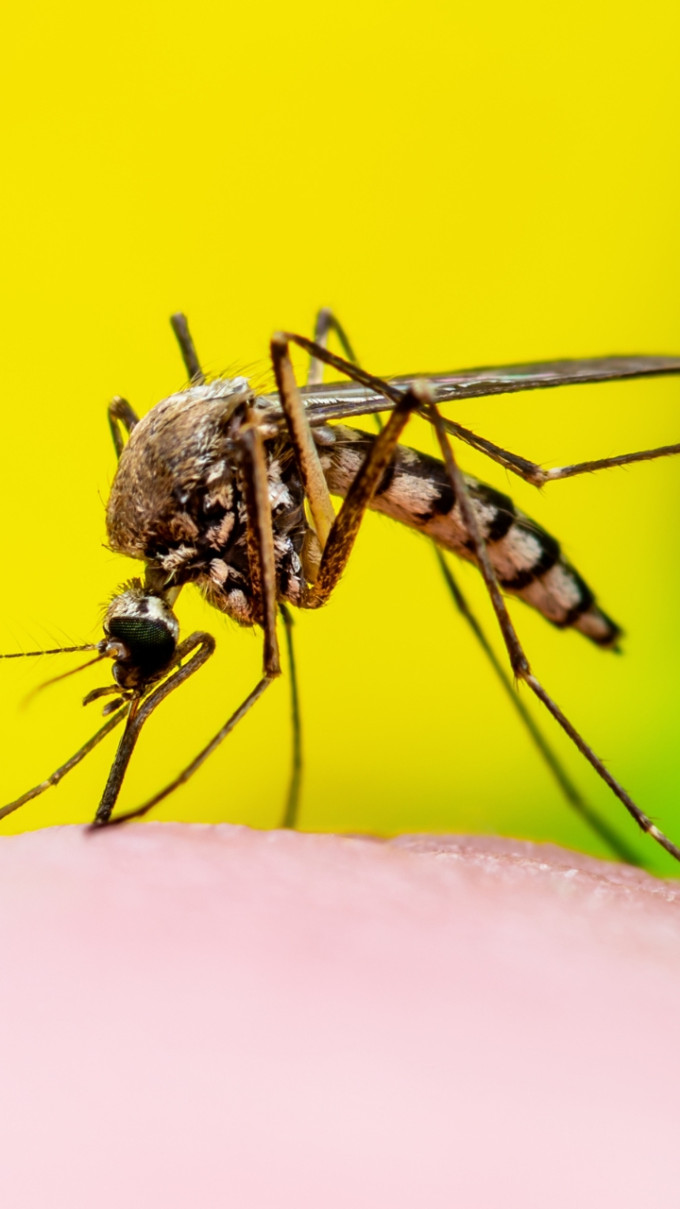The key differences between dengue and a monsoon fever are…
The arrival of monsoon season brings much-needed respite from the scorching heat, but it also ushers in a rise in fevers and illnesses. With dengue fever making headlines in India, it’s crucial to understand the differences between it and the more general “monsoon fever.”
Dr Moinuddin, Consultant Internal Medicine at CARE Hospitals, Musheerabad, explained how to distinguish between these conditions and stay healthy during the rainy season.

Monsoon fever is a broad term encompassing various viral infections triggered by the sudden change in weather and weakened immunity, he explained, adding that it typically sets in gradually, with symptoms like a mild fever, cough, cold, sore throat, body aches, and fatigue.
Dengue fever, however, is a mosquito-borne viral illness. It has a more abrupt onset, characterised by a rapid spike in body temperature followed by persistent vomiting, muscle and joint pain, and sometimes, mild bleeding.
Here’s a table summarising the key differences:
| Symptom | Monsoon Fever | Dengue Fever |
|---|---|---|
| Onset | Gradual | Sudden |
| Fever | Mild | High |
| Cough/Cold | Often present | May be present |
| Vomiting | Uncommon | Persistent |
| Muscle/Joint Pain | Mild | Severe |
| Bleeding | Absent | May occur (mild) |
| Rashes | Uncommon | May occur (itchy) |
Consulting a healthcare professional promptly is crucial for both conditions. A simple blood test can help determine the cause of the fever and guide the appropriate treatment plan, said Dr Moinuddin. Early intervention can prevent complications and ensure a speedy recovery.
 Mosquito-borne diseases like Zika and dengue are on the rise in monsoon-hit regions of India, with significant outbreaks reported in Pune, Bengaluru, and Maharashtra. (file)
Mosquito-borne diseases like Zika and dengue are on the rise in monsoon-hit regions of India, with significant outbreaks reported in Pune, Bengaluru, and Maharashtra. (file)
Preventive measures: Building a defense
While both monsoon and dengue fever can disrupt your well-being, several preventive measures can significantly reduce risk:
Boost Immunity: Eat a balanced diet rich in fruits, vegetables, and whole grains to strengthen your body’s natural defenses.
Practice Hygiene: Wash your hands frequently with soap and water, especially before eating and after using the restroom.
Mosquito Control: Eliminate potential mosquito breeding grounds by clearing stagnant water around your home. Use mosquito nets and wear protective clothing when outdoors. Apply insect repellent containing DEET or other approved ingredients.
Hydration: Drink plenty of clean, boiled, or bottled water to stay hydrated and flush out toxins.
Food Safety: Avoid street food and ensure proper hygiene when preparing food at home.
By understanding the differences between monsoon fever and dengue, taking preventive measures, and seeking timely medical attention if needed, you can navigate the monsoon season with good health and vitality. Remember, prioritizing hygiene, staying hydrated, creating a mosquito-free environment, and maintaining a strong immune system are your best weapons against these monsoon-related illnesses.
📣 For more lifestyle news, click here to join our WhatsApp Channel and also follow us on Instagram
Disclaimer: The copyright of this article belongs to the original author. Reposting this article is solely for the purpose of information dissemination and does not constitute any investment advice. If there is any infringement, please contact us immediately. We will make corrections or deletions as necessary. Thank you.

